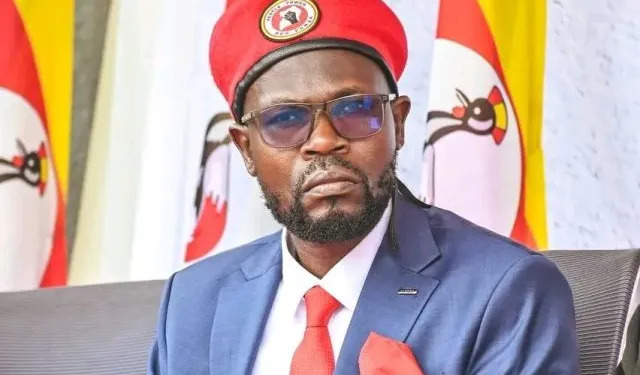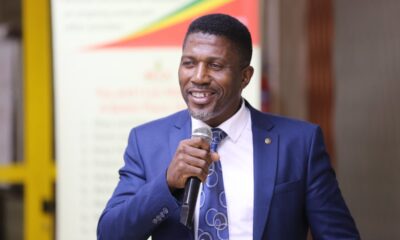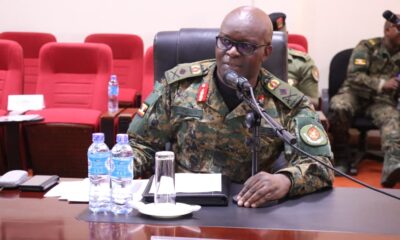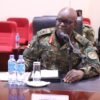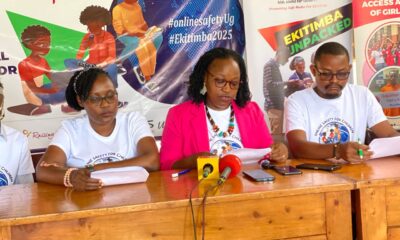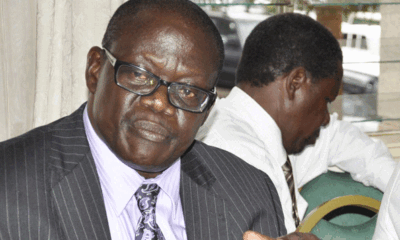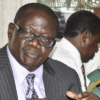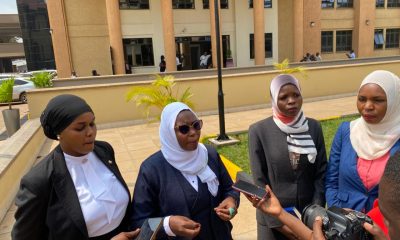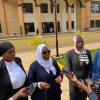Law
NUP Drags Government to Court Over Controversial UPDF Law
The National Unity Platform (NUP) has petitioned the Constitutional Court challenging the recently passed Uganda People’s Defence Forces (Amendment) Act, 2025, accusing Parliament and the Executive of violating the Constitution and ignoring a Supreme Court ruling.
Filed through Nyanzi, Kiboneka and Mbabazi Advocates, Pace Advocates, and Nalukoola Advocates and Solicitors, the petition names the Attorney General, Speaker Anita Among, and Defence Minister Jacob Oboth Oboth as respondents—both in their personal and official capacities.
NUP argues that the law reintroduces military court powers over civilians—previously declared unconstitutional by the Supreme Court in the 2021 Attorney General vs. Michael Kabaziguruka case and reaffirmed in January 2025. The contentious provision, formerly Section 119 and now renamed Section 117A, allows civilians to be tried in military courts.
According to NUP, the new law gives military courts excessive authority, including jurisdiction over all criminal cases, appointment of judges and prosecutors by the UPDF High Command, and the use of serving army officers as court panelists. The party contends this undermines judicial independence and blurs the line between civilian and military justice.
The petition also accuses Parliament of rushing the legislation. Introduced on May 13, 2025, the Bill was passed just a week later, with opposition MPs walking out in protest. Critics, including Jonathan Odur, warned it could pave the way for military rule.
NUP is seeking a declaration that the law is unconstitutional, an injunction against similar legislation in the future, and costs from the government. Affidavits supporting the petition have been sworn by NUP Secretary General David Lewis Rubongoya, Leader of the Opposition Joel Ssenyonyi, and MP Jonathan Odur.
Comments



